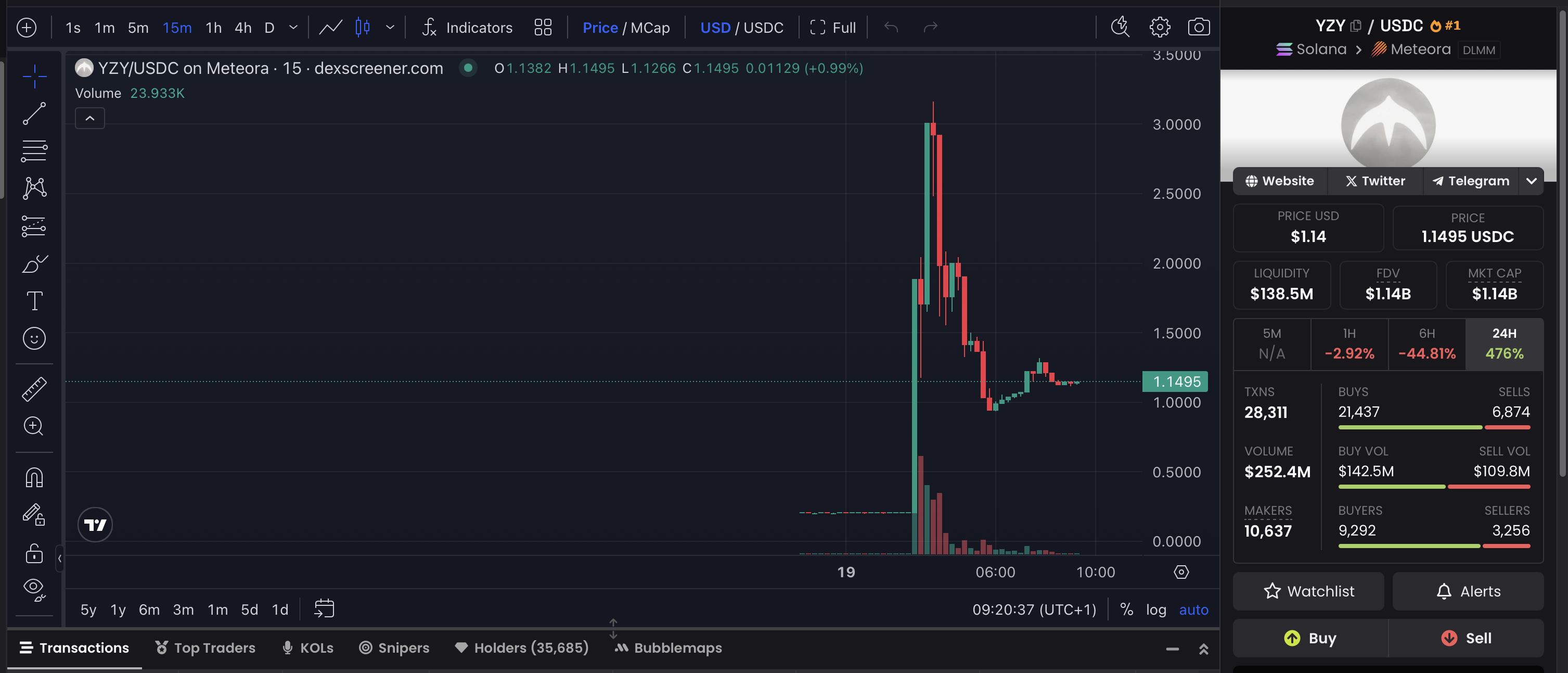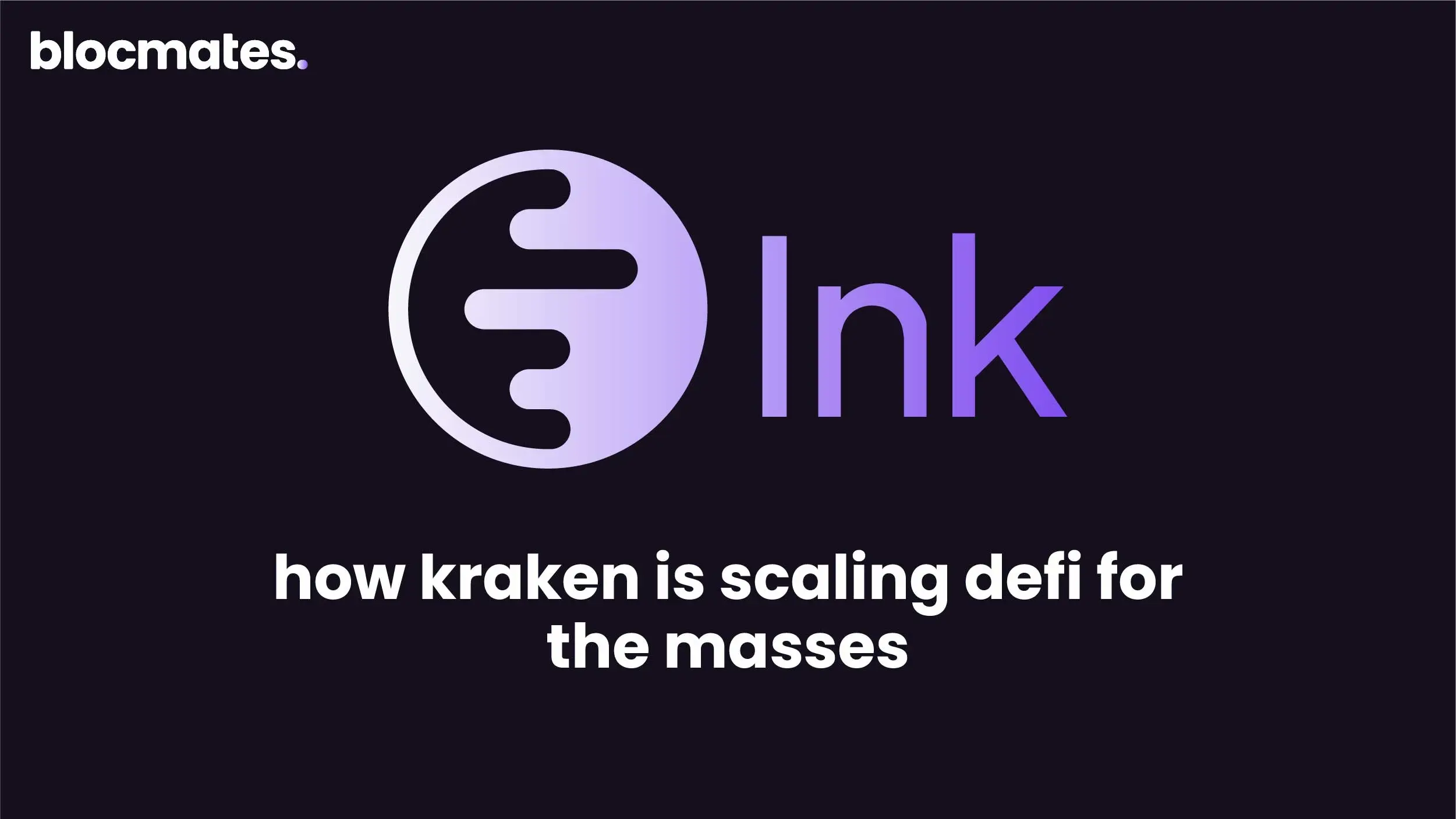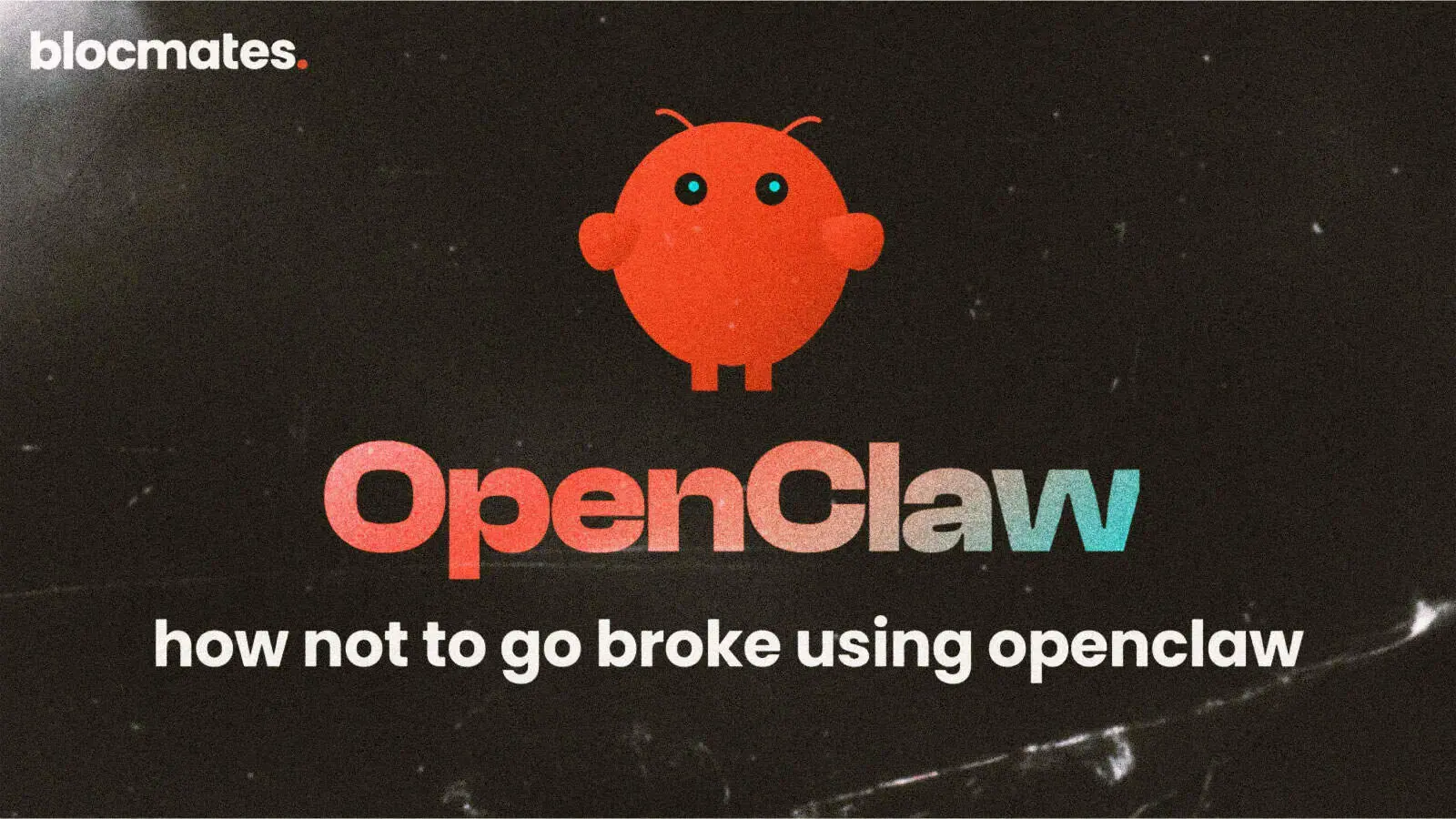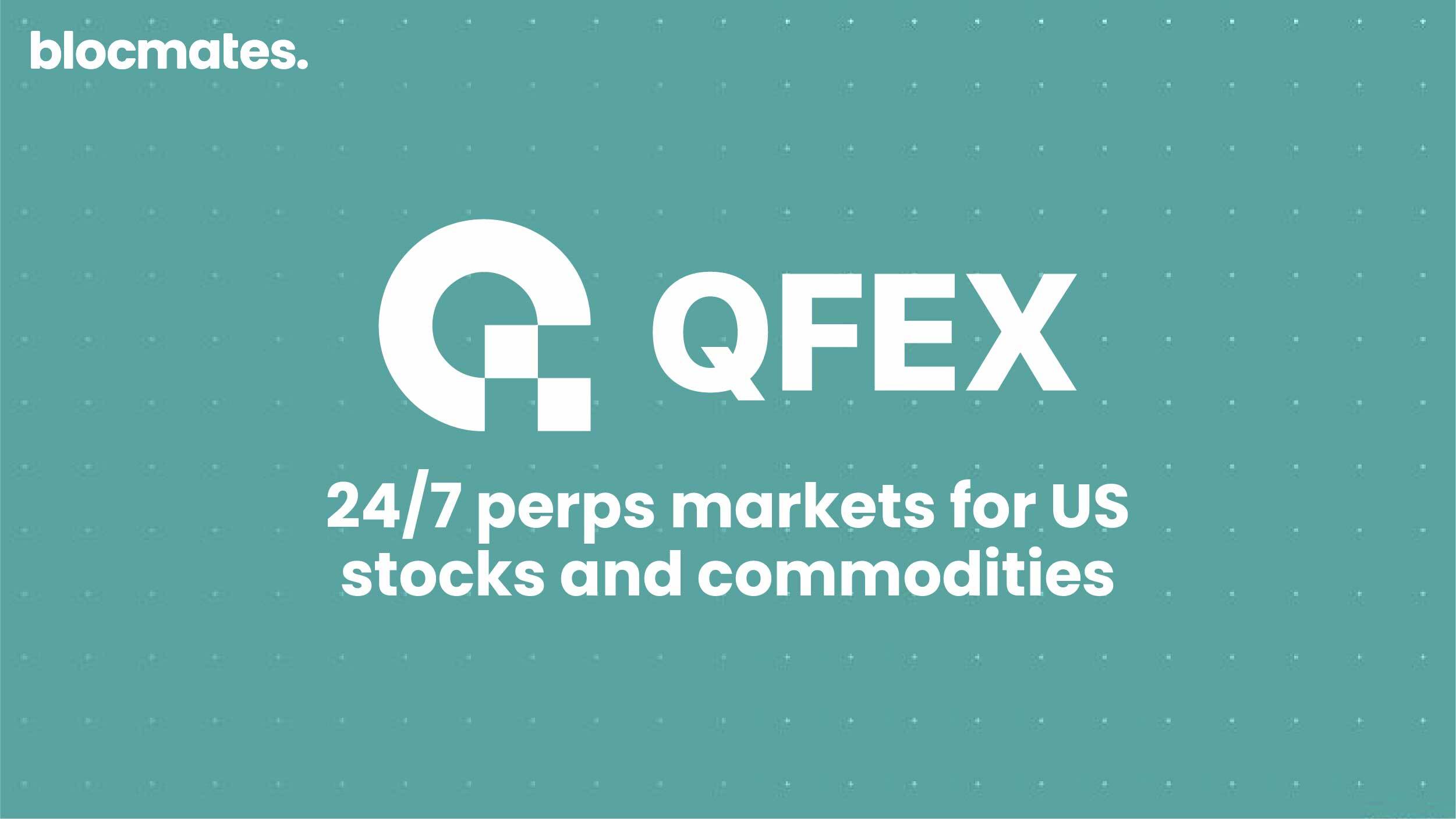Ye, the artist formerly known as Kanye West, has entered the crypto space in a way few expected, by launching his own token. The rapper unveiled Yeezy Money (YZY) on Solana this week, promoting it as “a new economy, built onchain.”
The token quickly surged to a market capitalization of about $3 billion before pulling back as questions surfaced about insider trading and supply concentration.

A rapid rise and a shift in stance
The launch of YZY marks a sharp turn for West, who earlier this year dismissed celebrity tokens as a way to “prey on the fans with hype.” At the time, he even claimed he had been offered $2 million to promote a fake coin but refused.
His pivot now comes with a stated vision: YZY is not meant to be an investment but an “expression of support” for ideas tied to decentralization, according to the project’s website.
Alongside the token, West teased additional products under the “YZY ecosystem,” including Ye Pay, a payments processor that allows merchants to accept both crypto and card payments, and a YZY-branded credit card.
His official website and store also list YZY as a potential payment option, lending some legitimacy to the project after initial speculation that his account might have been hacked.
Still, despite the emphasis on community and payments utility, YZY’s trading volume and price volatility have drawn most of the attention.
Several well-known traders, including BitMEX co-founder Arthur Hayes and leverage trader James Wynn, disclosed positions. Wynn compared YZY’s potential trajectory to the Trump-themed token, which quadrupled in value within a day earlier this year.
Insider wallets and market concerns
Blockchain data, however, has raised red flags. Analytics platform Lookonchain reported that wallets with apparent insider access bought YZY before its public announcement. One such wallet, labeled 6MNWV8, earned more than $1.5 million shortly after launch.
Coinbase’s Conor Grogan also noted that as much as 94% of YZY’s supply was concentrated among insiders, with one address temporarily holding 87% of the tokens.
Adding to the controversy, blockchain analysis firm Bubblemaps alleged that Hayden Davis, CEO of Kelsier Labs LLC, profited $12 million by sniping YZY at launch, linking his wallets to early trades.
The YZY website claimed to have deployed 25 smart contracts, randomly selecting one as the official token to prevent bot sniping. Even so, on-chain analysis showed that only YZY tokens were added to the liquidity pool, giving developers control to alter liquidity and potentially exit positions at will.
Some traders paid significant fees to secure early entries, with one wallet spending $24,000 in priority fees to lock in a position that briefly yielded millions in profit.
Others weren’t as fortunate, one whale reportedly lost $500,000 in under two hours after buying and selling on a rapid downturn. Meanwhile, another whale made the mistake of initially buying the wrong YZY token and losing $710,000.
Despite these concerns, trading activity remained high. Solana, the blockchain hosting YZY, reached a record of 2,300 non-vote transactions per second during the token’s launch, a sign of the network’s growing efficiency since the TRUMP memecoin frenzy earlier in the year.




.webp)





























.webp)

.webp)
.webp)

%20(1).webp)



























































%202.webp)


.webp)

.webp)
.webp)
.webp)


.webp)
.webp)

.webp)
.webp)
.webp)


.webp)
.webp)










.webp)


.webp)









.webp)







.webp)




.webp)


























.webp)







.webp)















.webp)

.webp)
.webp)

.webp)














.webp)

.webp)


.webp)








.webp)




